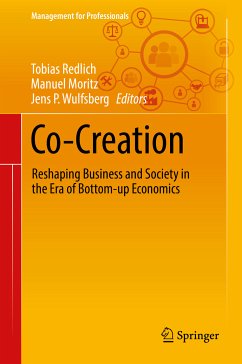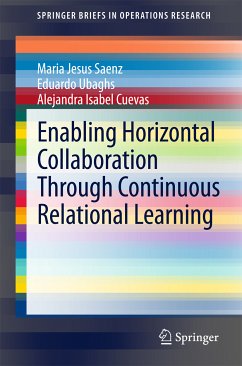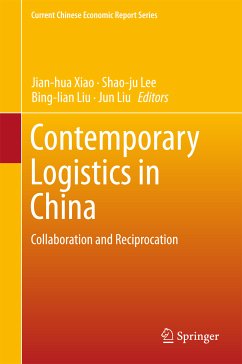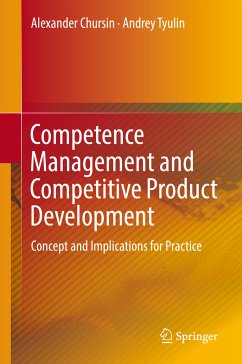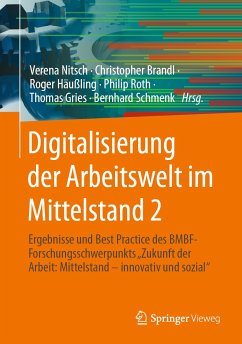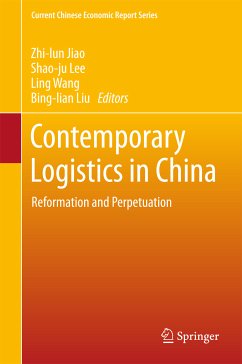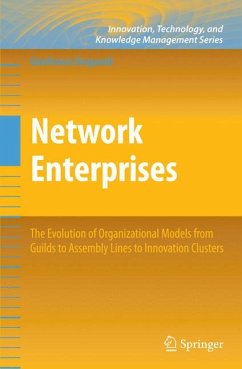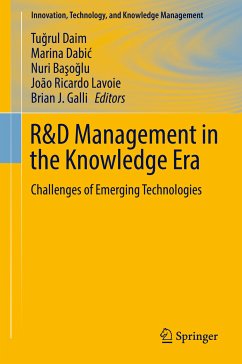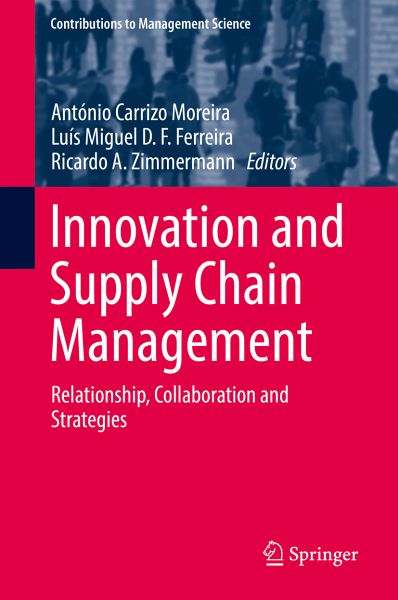
Innovation and Supply Chain Management (eBook, PDF)
Relationship, Collaboration and Strategies
Redaktion: Moreira, António Carrizo; Zimmermann, Ricardo A.; Ferreira, Luís Miguel D. F.
Versandkostenfrei!
Sofort per Download lieferbar
167,95 €
inkl. MwSt.
Weitere Ausgaben:

PAYBACK Punkte
84 °P sammeln!
This book examines key issues, challenges, opportunities and trends in innovation processes and supply chain management. It proposes ways for organizations to improve their performance by developing business strategies, establishing business innovation activities, and aligning business and innovation activities among firms. Further, it showcases and analyzes the implementation of inter- and intra-organizational process improvement activities and the implementation of organizational innovation solutions to address new product and process-related collaborative relationships across the supply cha...
This book examines key issues, challenges, opportunities and trends in innovation processes and supply chain management. It proposes ways for organizations to improve their performance by developing business strategies, establishing business innovation activities, and aligning business and innovation activities among firms. Further, it showcases and analyzes the implementation of inter- and intra-organizational process improvement activities and the implementation of organizational innovation solutions to address new product and process-related collaborative relationships across the supply chain. The book is useful for researchers, academics and professionals, presenting some of the most advanced research, concepts, and case studies on the relationship between innovation and supply chain.
Dieser Download kann aus rechtlichen Gründen nur mit Rechnungsadresse in A, B, BG, CY, CZ, D, DK, EW, E, FIN, F, GR, HR, H, IRL, I, LT, L, LR, M, NL, PL, P, R, S, SLO, SK ausgeliefert werden.




